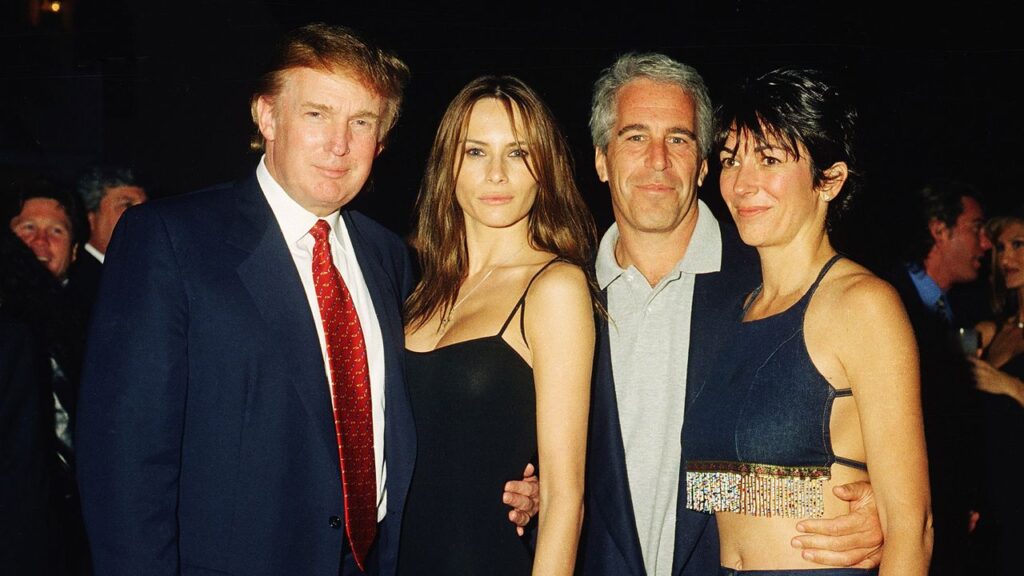When Markus, who hosts a podcast and has been a willing interlocutor with the press, filed in support of Maxwell’s appeal in July, furor over Trump’s relationship with Epstein was cresting. Trump has vehemently denied any wrongdoing in connection with Epstein and is suing The Wall Street Journal over its report that his name was on one of the contributions—a drawing of a nude woman bearing a reference to shared secrets—to a book of well-wishes Maxwell put together for Epstein’s 50th birthday.
Maxwell’s effort was not without some support in the legal community. Writing for The New Yorker in August, Harvard Law scholar Jeannie Suk Gersen noted that the National Association of Criminal Defense Lawyers had filed a brief supporting Maxwell, in which it argued that letting the United States get out of a nonprosecution agreement “would work a detriment on the entire plea system,” which resolves the vast majority of criminal cases, because “defendants must be able to rely on the written promises made by the government and trust that courts will honor and enforce those promises down the road.” Gersen also wrote that, for reasons both technical and political, the Supreme Court might await a more suitable case with which to resolve the questions that Maxwell’s appeal raised.
“That’s what likely happened here,” she told me on Monday. “A decision to wait for a better vehicle than the Maxwell case.”
The Monday ruling immediately raises the prospect that Maxwell’s last foreseeable chance at freedom—at 63, she is currently serving a 20-year prison sentence—lies in her long, much-scrutinized relationship with the president. Before Maxwell and Trump traveled in overlapping New York and Palm Beach social circles in the ’90s, her father, the media mogul Robert Maxwell, hosted Trump on his yacht, then called the Lady Ghislaine, after attempting to buy the New York Post.
“I just wish her well, frankly,” Trump said after Ghislaine Maxwell was indicted in 2020.

